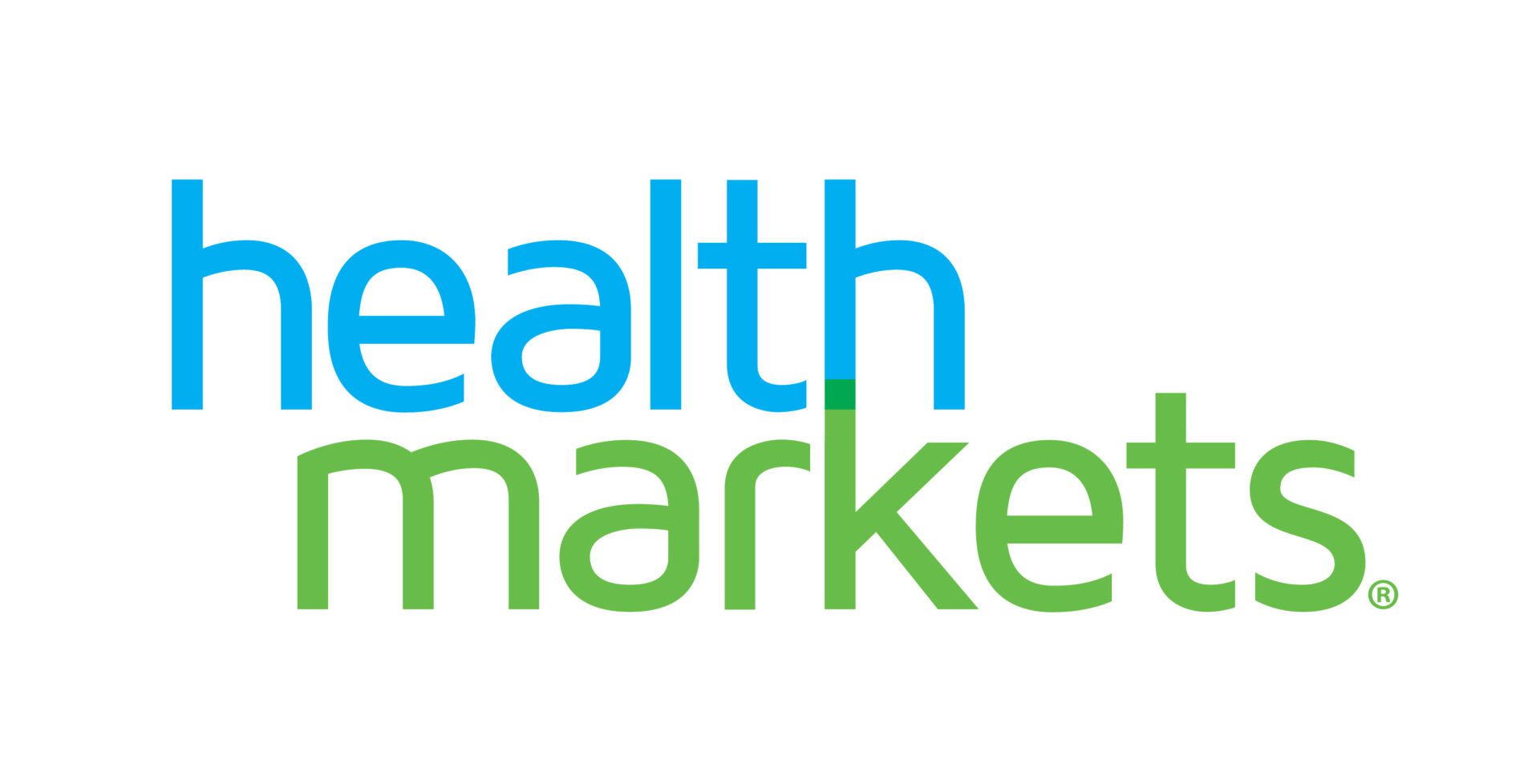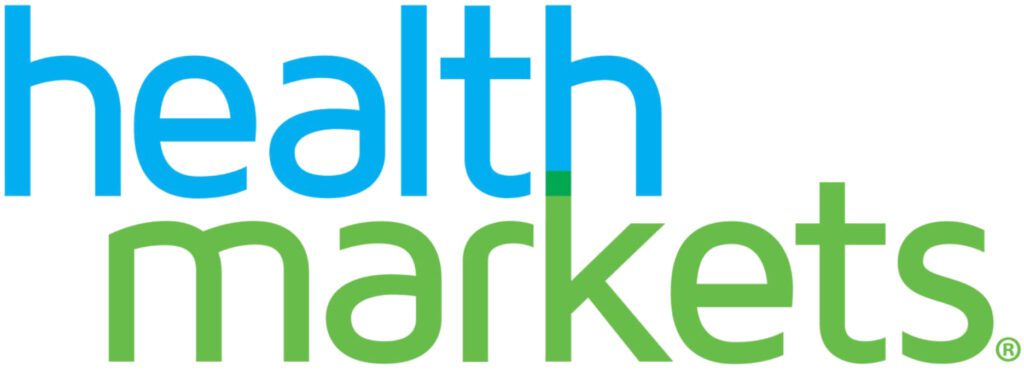Medicare is the federal health insurance policy offered by the US government. While the plan offers several benefits, it may not cover the cost of prescription drugs except in specific cases. Understanding the options available to address this issue is crucial for ensuring access to the medications you need to maintain your health and well-being.
Read on to learn more about what you can do if your plan does not cover prescription drugs:
Tips for Dealing with Medicare’s Prescription Drug Limitations
Medicare can cover most of the medical expenses. However, if it does not offer coverage for prescription drugs, you may need to find additional means to address this issue. Let’s check out the practical steps to bring your prescription drug expenses within your insurance coverage.
Check the Medicare Landscape
The first step is to investigate whether the drug you require is ever covered by Medicare, even if your current plan does not. Some medicines may be covered under Part B if administered in-office, while Medicare may not cover others. Consulting with experts like the Center for Medicare Advocacy can help you navigate this process effectively.
Consider Other Medicare Plan Options
If you face challenges with medication coverage under your current Medicare plan, consider exploring other plan options during the annual enrollment period. Different Medicare Part D plans have varying formularies, premiums, and copayments. Comparing plans can help you find one that better suits your medication needs.
Enroll in a standalone Medicare Part D plan.
- You can enroll in a standalone Medicare Part D plan if you have Original Medicare (Part A and Part B) or a Medicare Cost Plan, Private Fee-for-Service plan, or Medical Savings Account plan.
- You can check costs, including premiums, deductibles, copayments, and coinsurance, of Part D plans based on the medications you need.
- You can enroll in the Part D plan during the Initial Enrollment Period (IEP) when you first become eligible for Medicare or during the Annual Enrollment Period (AEP).
Choose a Medicare Advantage Plan (Part C) With Prescription Drug Coverage
- Medicare Advantage Plans, or Part C plans, are offered by private insurance companies approved by Medicare. They combine Part A, Part B, and often Part D prescription drug coverage into a single plan.
- If you prefer the convenience of having your medical and prescription drug coverage under one plan, you can choose a Medicare Advantage Plan that includes prescription drug coverage.

Understanding Special Enrollment Periods
Special enrollment periods offer valuable opportunities to change your Medicare Advantage or Part D plan outside of the regular enrollment periods. These periods are granted based on certain life circumstances, such as moving or entering a skilled nursing facility. You can make changes to better suit your prescription drug needs if you qualify.
Medicare Savings Programs
If you have limited income and resources, you may qualify for Medicare Savings Programs to help with prescription drug costs. Examples include Extra Help (Low-Income Subsidies) and State Pharmaceutical Assistance Programs (SPAPs).
Low-Income Subsidy
The Medicare Prescription Drug Program is essential to bringing your drug expenses under your insurance coverage. However, you can use the Low-income subsidy program if you need financial help to pay the insurance premiums. People residing in the US with savings and investments of not more than $33,240 can apply for this subsidy, provided they already have Medicare Plans A and B.
Explore State Pharmaceutical Assistance Programs
Some states offer pharmaceutical assistance programs to help individuals with Medicare who have limited income and resources. These programs may cover prescription drugs not included in standard Medicare coverage. To determine if you qualify for such assistance, visit your state’s health department website or speak with a local Medicare counselor.
Medicaid
Medicaid is a government healthcare program in the United States that provides medical coverage to low-income individuals and families. It is jointly funded by the federal government and individual states, with each state having some flexibility in administering the program. Medicaid covers a broad range of prescription medications. Each state maintains a formulary, a list of drugs covered by Medicaid.
Manufacturer Assistance Programs
Some pharmaceutical companies offer patient assistance programs to provide free or discounted medications for individuals with specific eligibility criteria. Your doctor or pharmacist may have information on such programs.
Talk to Your Doctor
Your healthcare provider can be a valuable ally in this situation. Engage in an open conversation with your doctor to explore alternative medications covered by Medicare or Medicare Advantage plans. They can also provide documentation supporting the medical necessity of the drug. It is vital for the appeal and formulary exception processes. Doctors’ support can significantly increase the chances of success when requesting an exception.
Prior Authorization
Some medications require prior authorization from your Medicare plan before they are covered. Your doctor can work with the plan to provide the necessary information to obtain approval for your prescription.
Request a Formulary Exception
You can request a formulary exception if your plan does not cover your prescription drug. This involves asking your physician to explain why you need the specific drug. With proper documentation and the correct language, the request stands a good chance of being approved. It is essential to stay persistent and be prepared to submit the request more than once if necessary.
Request a Tiering Exception
If your medication is covered but falls into a high-tier category with a substantial cost-sharing amount, you can request a tiering exception. Your doctor’s support is also crucial here, as you need to demonstrate that the higher-tier drug is the only medically appropriate option for you and that the cost is hindering your ability to use it effectively. This process is about proving the necessity of the medication for your well-being.
If you want expert guidance in choosing a beneficial medical insurance plan, our experts at HealthMarkets Insurance can help you. Contact us to get the most out of your insurance plan.


